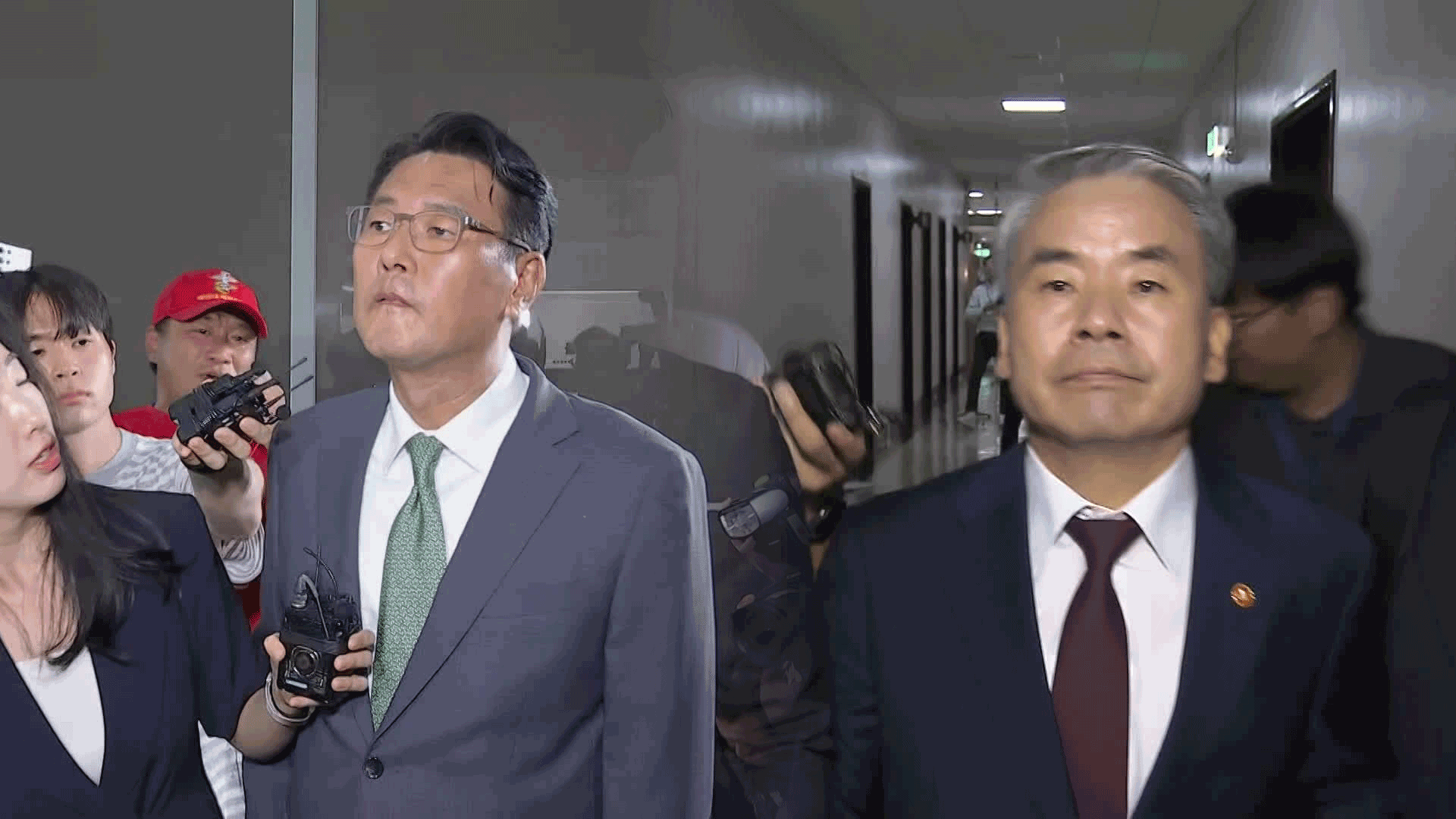[News Today] STRUGGLING KOREAN STOCK MARKET
입력 2024.10.31 (16:20)
수정 2024.10.31 (16:26)
읽어주기 기능은 크롬기반의
브라우저에서만 사용하실 수 있습니다.
[LEAD]
Amid growing frustration among investors with domestic stock market underperforming, skepticism about market management is also growing. Most stocks are falling short of securities firms' target prices.
[REPORT]
Three years ago, this man bought 3.2 million won or about 23 hundred U.S. dollar's worth of stocks of the nation's largest shipping company.
His decision was driven largely by a securities firm's investment report which projected a 'target stock price'.
Jang ○○/ Stock Investor
The target price was 50,000 Won (USD 36). I thought it wasn't bad given the purchase price was in the low 40,000 Won (USD 29) range.
He had paid 43,000 won per share, expecting the stock price to increase to 50,000 won. But now the price is around 17,000 won per share.
It's natural for the target stock prices presented by securities firms to differ from actual stock prices, but the gap seen recently is wider than ever.
KBS has compared the target stock prices and actual stock prices of 307 items listed in KOSPI and KOSDAQ for which more than three institutions issue investment reports.
One hundred five or 34% of the items haven't reached even two-thirds of the target prices. Among them is Samsung Electronics, the target price of which was roughly 90,700 won per share but is actually priced at around 59,000 won.
Four items were below the half-line mark. Ninety-nine percent of the items failed to meet the target stock prices.
Only two items exceeded their target prices. One of them: Korea Zinc, which saw its stock price spike due to a recent dispute over management rights.
Although it is realistically difficult for securities firms to present pessimistic stock prices, the slumping stock market and widening gap is a cause for concern.
Lee Hyo-sup/ Korea Capital Market Institute
Stock prices fall while target prices remain unchanged, so the difference increases.
Late last year, five major investment banks projected the KOSPI target price as high as 2,830 points, but the reality is that the benchmark index hardly went over the 2,600 mark.
■ 제보하기
▷ 카카오톡 : 'KBS제보' 검색, 채널 추가
▷ 전화 : 02-781-1234, 4444
▷ 이메일 : kbs1234@kbs.co.kr
▷ 유튜브, 네이버, 카카오에서도 KBS뉴스를 구독해주세요!
- [News Today] STRUGGLING KOREAN STOCK MARKET
-
- 입력 2024-10-31 16:20:17
- 수정2024-10-31 16:26:07
[LEAD]
Amid growing frustration among investors with domestic stock market underperforming, skepticism about market management is also growing. Most stocks are falling short of securities firms' target prices.
[REPORT]
Three years ago, this man bought 3.2 million won or about 23 hundred U.S. dollar's worth of stocks of the nation's largest shipping company.
His decision was driven largely by a securities firm's investment report which projected a 'target stock price'.
Jang ○○/ Stock Investor
The target price was 50,000 Won (USD 36). I thought it wasn't bad given the purchase price was in the low 40,000 Won (USD 29) range.
He had paid 43,000 won per share, expecting the stock price to increase to 50,000 won. But now the price is around 17,000 won per share.
It's natural for the target stock prices presented by securities firms to differ from actual stock prices, but the gap seen recently is wider than ever.
KBS has compared the target stock prices and actual stock prices of 307 items listed in KOSPI and KOSDAQ for which more than three institutions issue investment reports.
One hundred five or 34% of the items haven't reached even two-thirds of the target prices. Among them is Samsung Electronics, the target price of which was roughly 90,700 won per share but is actually priced at around 59,000 won.
Four items were below the half-line mark. Ninety-nine percent of the items failed to meet the target stock prices.
Only two items exceeded their target prices. One of them: Korea Zinc, which saw its stock price spike due to a recent dispute over management rights.
Although it is realistically difficult for securities firms to present pessimistic stock prices, the slumping stock market and widening gap is a cause for concern.
Lee Hyo-sup/ Korea Capital Market Institute
Stock prices fall while target prices remain unchanged, so the difference increases.
Late last year, five major investment banks projected the KOSPI target price as high as 2,830 points, but the reality is that the benchmark index hardly went over the 2,600 mark.
이 기사가 좋으셨다면
-
좋아요
0
-
응원해요
0
-
후속 원해요
0















이 기사에 대한 의견을 남겨주세요.